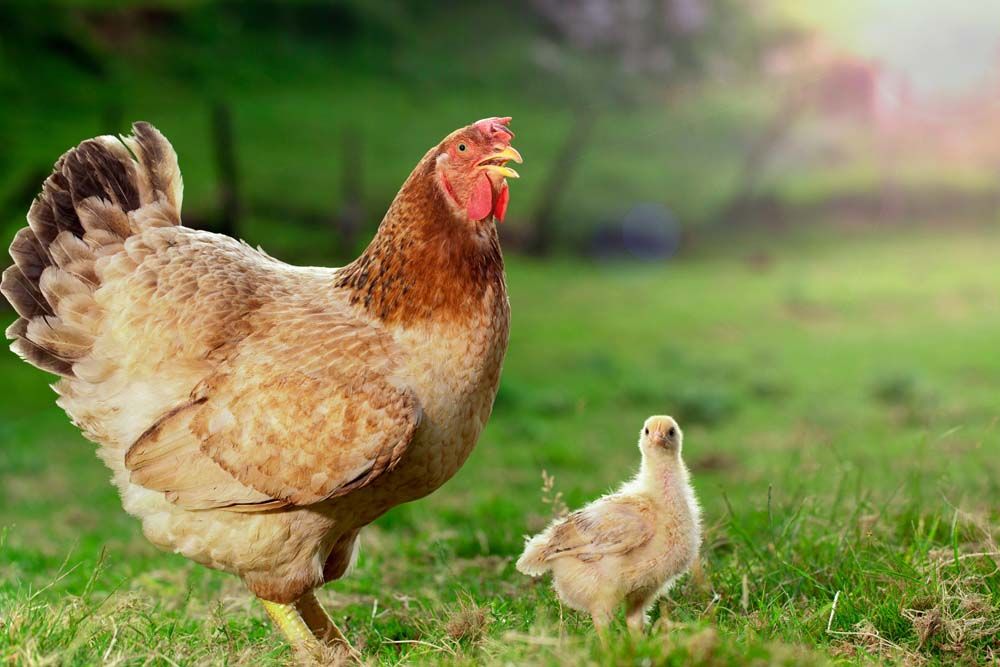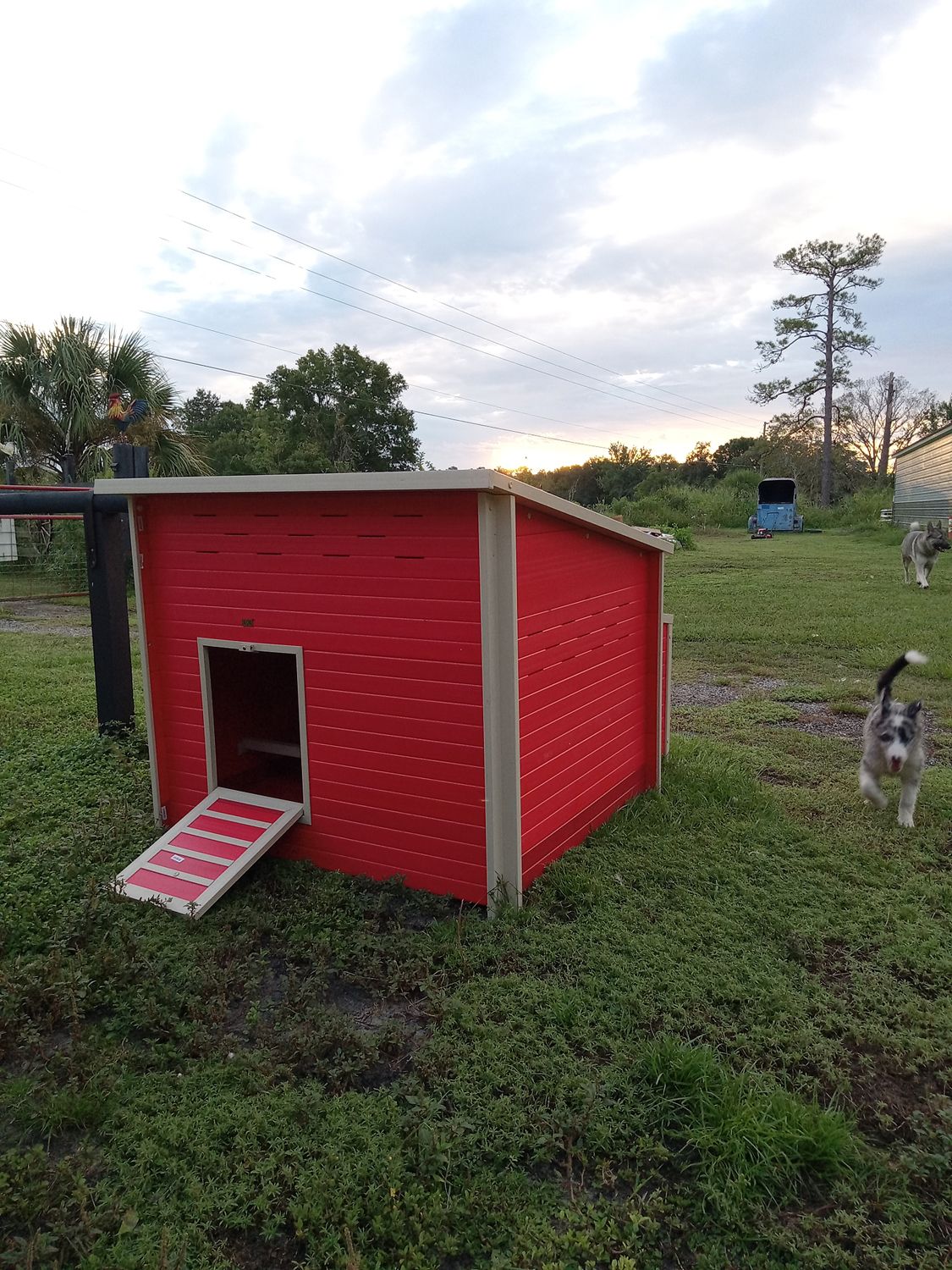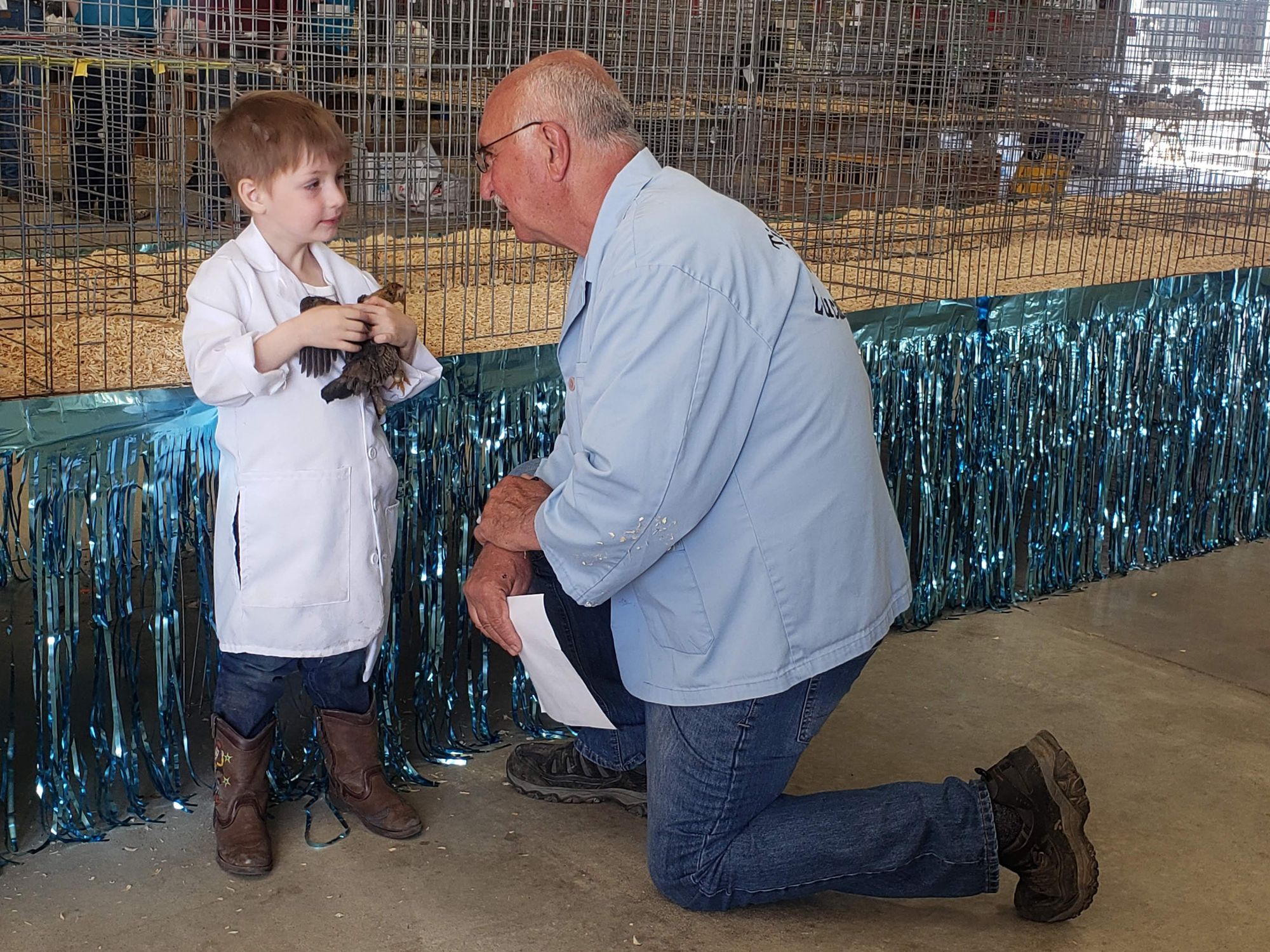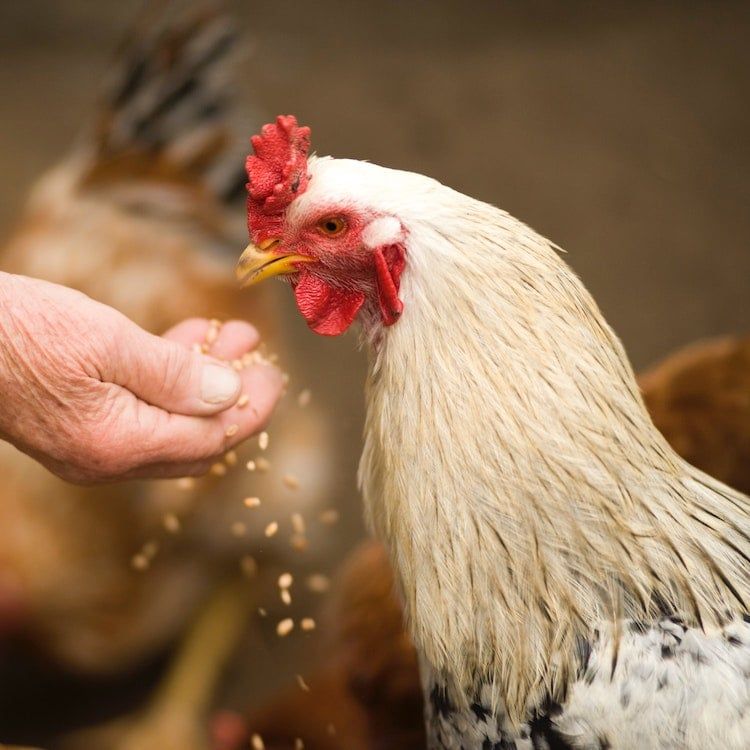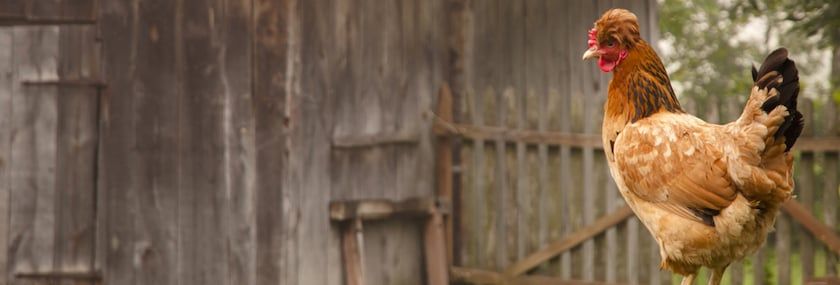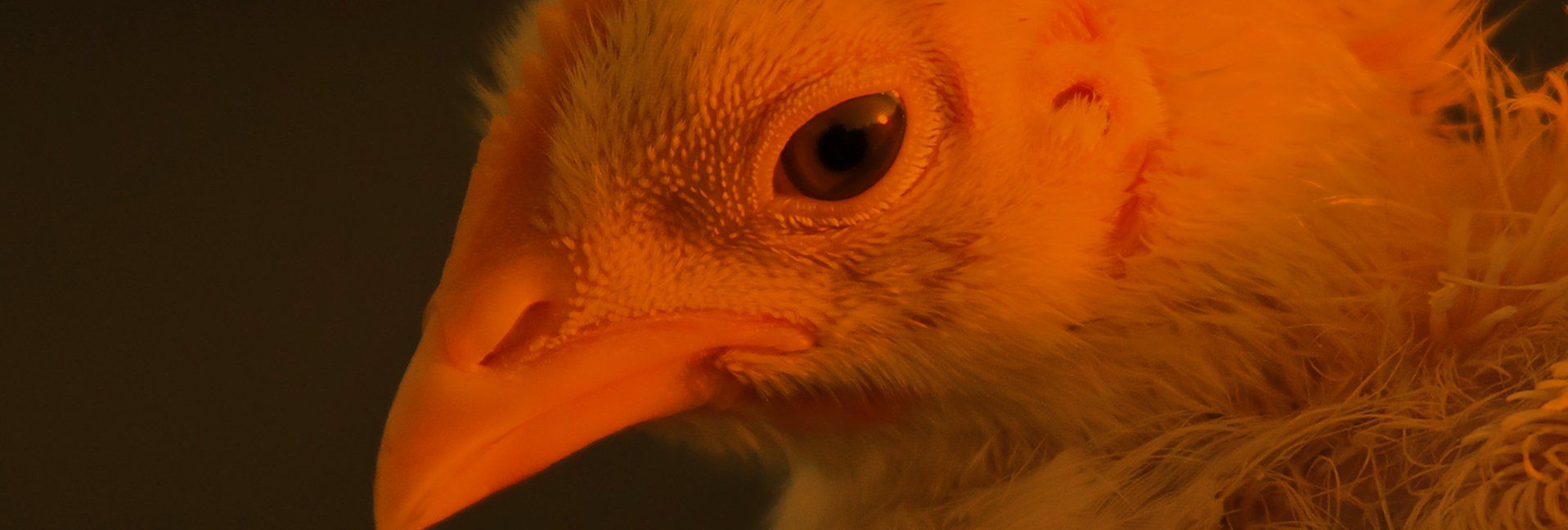Clucking and Coughing Chickens?
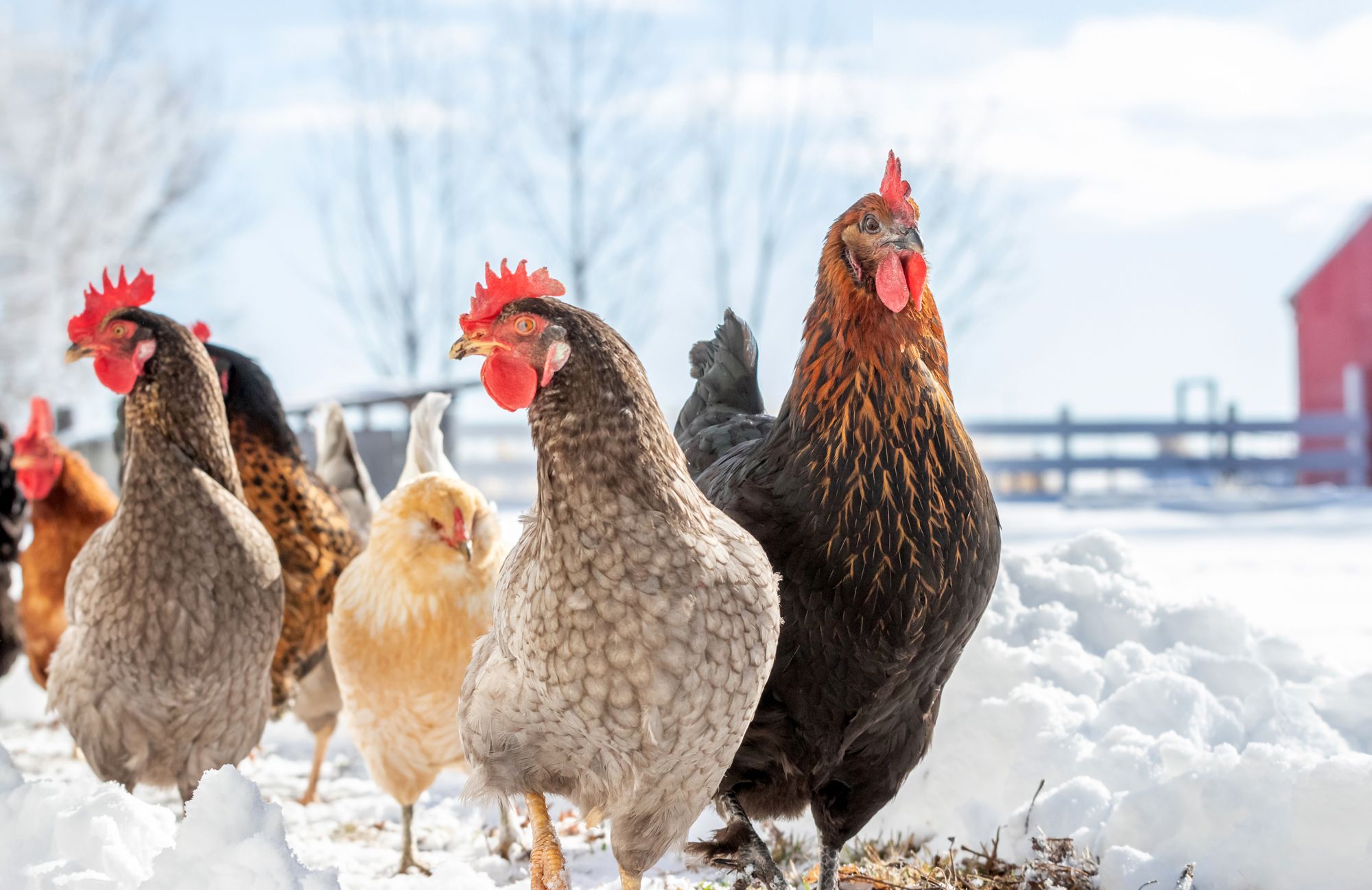

Avian infectious Coryza is a common bacterial respiratory disease affecting chickens. Coryza is highly infectious and it typically doesn’t result in high mortality, but it is an important disease to be aware of in order to prevent further spread to other flocks.
This is really important with respect to being a “good poultry citizen” and reducing the spread of infectious disease to your friends' and neighbors’ flocks!
Let’s review some Coryza basics.
The basics of Coryza
Coryza is the short or common name for the Gram-negative bacterium Avibacterium paragallinarim (formerly called Haemophilus paragallinarum). As you can see, we scientists love our complicated names…and it gets even more involved as there are technically 3 serotypes (think of them as flavors) of Coryza.
While this is important for vaccination purposes—the vaccine is not easily accessible for backyard producer—this is more of an interesting factoid for backyard poultry enthusiasts.
In addition, there are “uncomplicated” and “complicated” versions of the disease. The complicated version causes more disease and reflects a disease process that includes Coryza and other infectious diseases such as mycoplasma and E. coli.
In contrast, the uncomplicated version results in less severe clinical signs and usually “runs its course” in about two-weeks.
For simplicity, we will just use the term Coryza here.
Spread and clinical signs
Coryza is spread through direct contact with infected birds and through contaminated surfaces and equipment.
Symptoms of Coryza can include:
Facial swelling plus/minus discharge (this is the most common clinical sign)
Nasal discharge
Swollen sinuses and eyes
Difficulty breathing.
Chickens may also have decreased appetite and reduced egg production (almost 50% in some cases). While none of these clinical signs are specific to Coryza only, being observant when it comes to identifying any of these clinical signs in your flock is important —the earlier you identify sick birds, the quicker you can focus on treatment and prevention.
The bacteria is typically spread via sneezing and coughing. Moving sick coughing and sneezing birds immediately to a separate sick-pen provides at least a chance to protect un-infected birds.
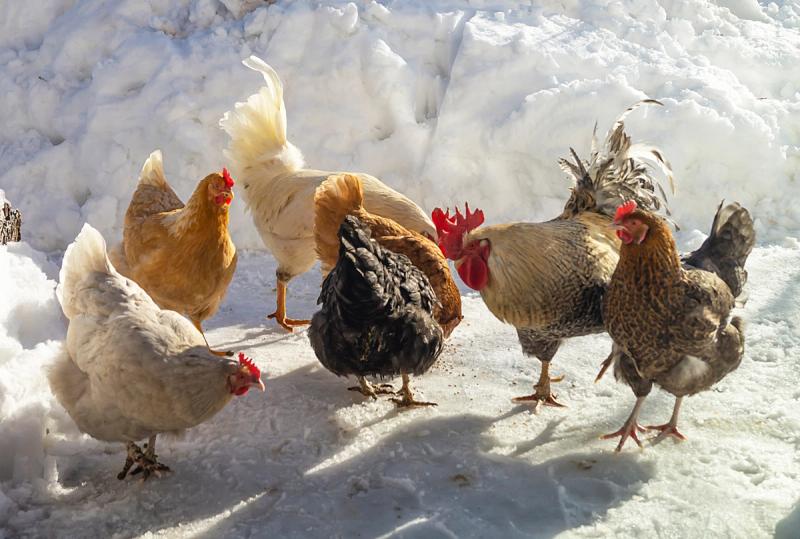
5 tips to help prevent Coryza in your backyard flock
1.Quarantine new birds: When introducing new birds to your flock, quarantine them for at least 10 days before integrating them with the rest of the flock. If the quarantined birds show any clinical signs similar to what is described above, do not mix them with your birds.
The process of quarantine will help prevent the spread of any diseases your new birds may be accidentally bringing into your flock.
2.Practice good hygiene: Like many bacteria, it is destroyed by most disinfectants. It is important to regularly clean and disinfect your coop and equipment to mitigate environmental presence.
In addition, Coryza is also sensitive to desiccation and sunlight. Hence making sure your bedding/substrate material is dry is essential. Always pay particular attention to the area around your drinkers as the potential for water spillage or leakage is a common problem.
3. Handling tips: Even though Coryza is not zoonotic (it doesn’t affect us so you can still consume the meat and eggs from infected birds) you should also wash your hands thoroughly before and after handling your birds or entering their living area. This helps reduce the potential for Coryza to spread between flocks.
The same goes for moving any birds to a sick pen and back again.
4.Maintain good ventilation: Good ventilation is key to reducing the risk of transmission of aerosolized bacteria. Good ventilation is also important for preventing buildup of moisture and bacteria in your coop. Make sure your coop has good airflow and consider adding additional ventilation if needed.
5.Monitor your flock: Keep an eye on your birds and look out for any signs of illness. If you notice any sick birds, isolate them immediately and seek veterinary care.
Monitor your flock at least once a day for a few minutes and ideally do this when they don’t see you, so you can see their normal behavior.
In addition, write down daily egg production. It is much harder to detect reduced egg production without knowing what normal egg production is.
Treatment of Coryza
Because Coryza is a bacteria, some antibiotics such as tetracyclines can be effective in treating infested backyard chickens.
However, it is very important to talk to your veterinarian to get the correct antibiotic or else you may end up just wasting time and money on an ineffective antibiotic, in addition to contributing to antimicrobial resistance.
Keep in mind, though, that birds recovering from the disease remain carriers of Coryza and may occasionally shed the bacteria during their lives.
Where Coryza and other infections (e.g. mycoplasma and E. coli) are occurring at the same time—the “complicated” version—this can result in high mortality.
With no vaccine available to backyard flock owners, if you follow the other tips, you’ll be focusing on prevention which is the best use of your time and energy.
If you have an infected flock that recovers, that’s great! However, keep in mind that your birds are likely still carriers of the bacteria that can infect other birds.
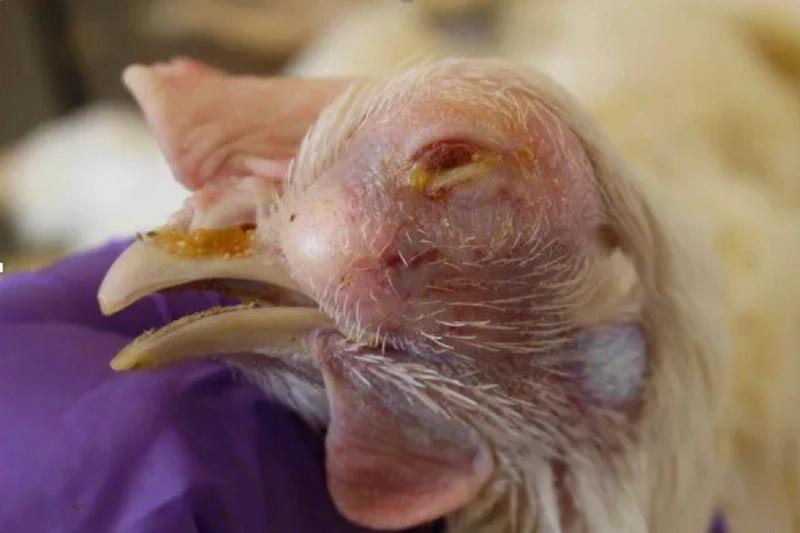
Pictures courtesy of Dr. S. Davison. New Bolton Center, PA. https://extension.psu.edu/avian-coryza
About the author
Maurice Pitesky is a faculty member at University of California Cooperative Extension (UCCE) with an appointment in poultry health and food safety epidemiology. Pitesky earned his BS in biology from UCLA and his DVM and MPVM from UC Davis. Pitesky is also boarded in preventative veterinary medicine (DACVPM).
Tags:Pitesky's Poultry

Chicken Whisperer is part of the Catalyst Communications Network publication family.


